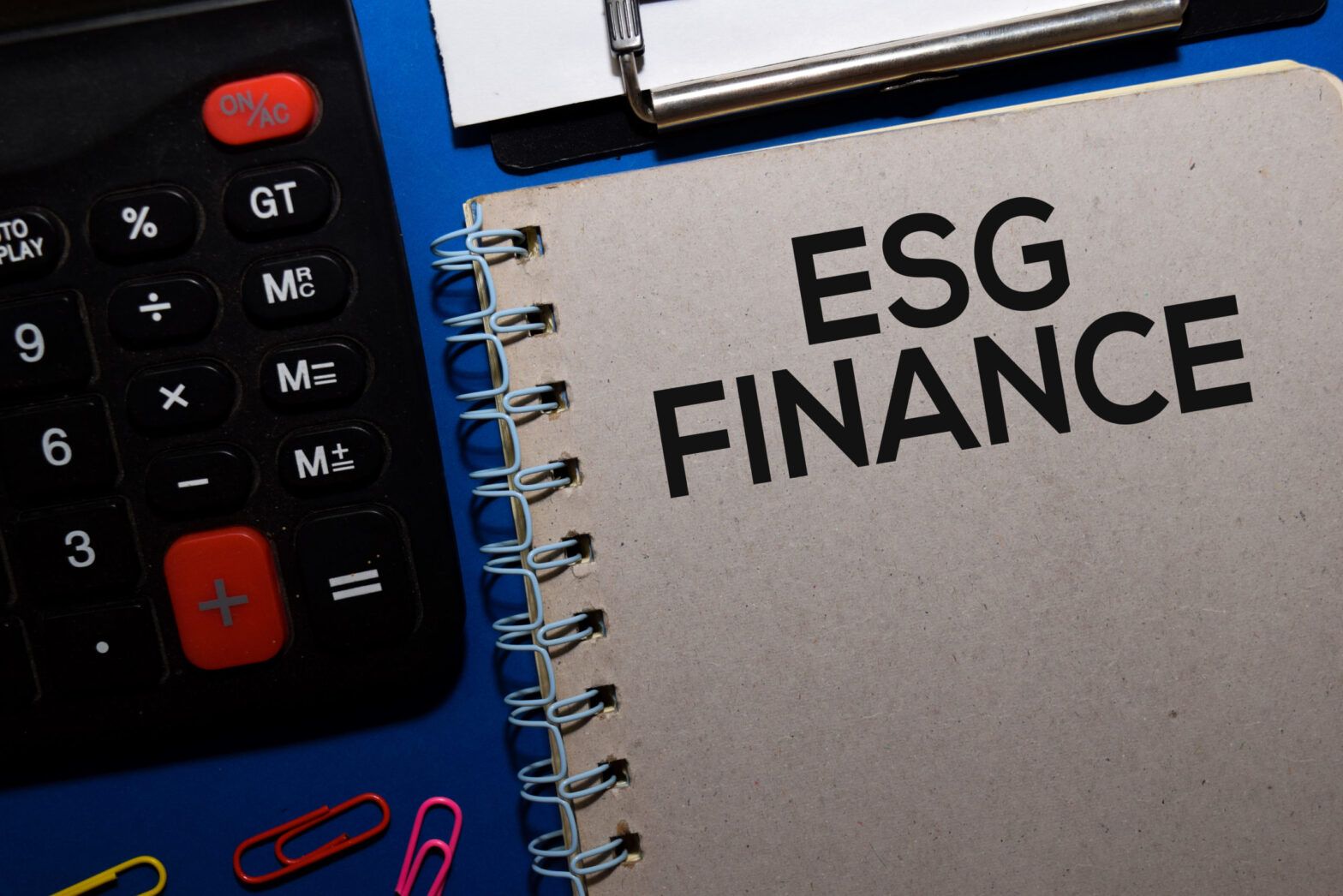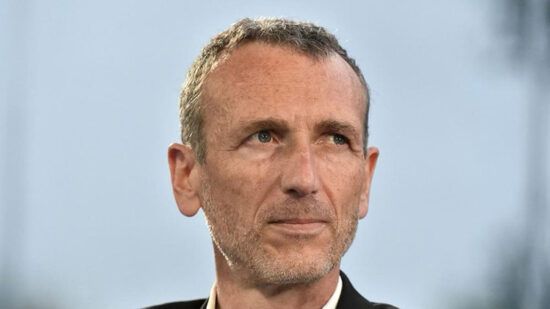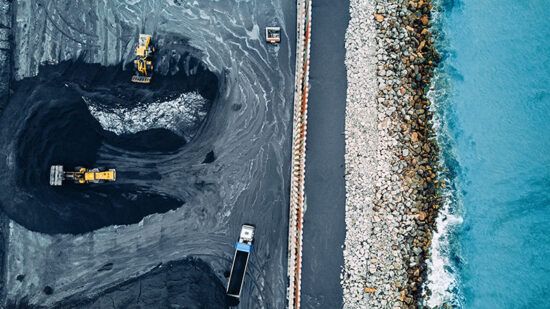In an attempt to ostracise and isolate Russia, the EU has shifted to buying oil and gas (among other commodities) from alternative producers. The unintended consequences of these actions have driven prices up and pushed many developing countries into extreme hardship.
Unfortunately, what this policy has not achieved is the reduction of global carbon emissions.
While some predict a hastening of the transition to renewable sources of energy because of Russia’s invasion of Ukraine – and the associated changes to energy policies – in reality, all it has demonstrated so far is just how much we still need fossil fuels.
Even with the Russian sanctions and lockdowns in China, the production of oil, gas and coal is still forecast to increase in 2022.
Ownership overhaul
We need a fundamental change to the ownership of these companies and assets, from private- and publicly-listed entities to a stewardship approach.
Fossil fuels are not appropriate investment assets in the traditional sense – just look at the outcry around soaring profits at oil giants BP and Shell earlier this month, amid proposals for a windfall tax.
Rather than one-off, ill-thought through initiatives such as this one, we propose bundling all fossil fuel producers into a single, global and publicly-owned fund.
The fund would buy all these assets then disperse dividends from the underlying businesses to support people through local projects they nominate themselves.
Additionally, it would commit global production to a pace guided independently by climate science.
The business models of these firms would stay largely unchanged, and the transformational ownership fund would provide governance just as funds do today.
Why do we need it?
Current group-think is that if we produce enough renewable energy, we will stop using fossil fuels. However, renewable energy has increased by more than 10-fold since 2000, and fossil fuel use is still on the rise.
Oil and gas companies may be pleasing their investors by selling off fossil fuel assets, but this does not reduce emissions globally – there is still a buyer somewhere. More often than not, this buyer transfers the assets to the private markets, where scrutiny and regulation is overall less vigilant.
See also: – ‘Net zero’ oil firms sell dirty assets to private market
Fossil fuels still provide 80% of our global energy and as the EU is showing, governments are more willing to accept higher prices than to mandate lower fossil fuel use.
To remove just 1 of the 39 billion tonnes of carbon dioxide emitted each year, the equivalent of German’s annual energy use would have to be cut. To replace this, we would need to almost double the current annual renewable energy use across Europe. Even if we could do this for 39 years, removing 1 billion tonnes each year, we would still have emitted twice the limit estimated to stay below 1.5 degrees of warming.
What will it cost?
Transformational ownership calls on investors and businesses to put up the money needed to buy out existing owners. Investors and businesses doing this can say they genuinely care. It would cost them less than 1% of what McKinsey estimates as the cost for net zero.
For investors who think their investments are not at risk from climate change, it is worth remembering insured losses from natural catastrophes hit $130bn in 2021. This accounted for the fourth year in the past five where losses topped $100bn. When we can no longer get insurance, assets can become worthless therefore uninvestable, and we lose our economies.
We have to do something, and whatever that is, it’s likely going to require the world to rip up the rule book.








